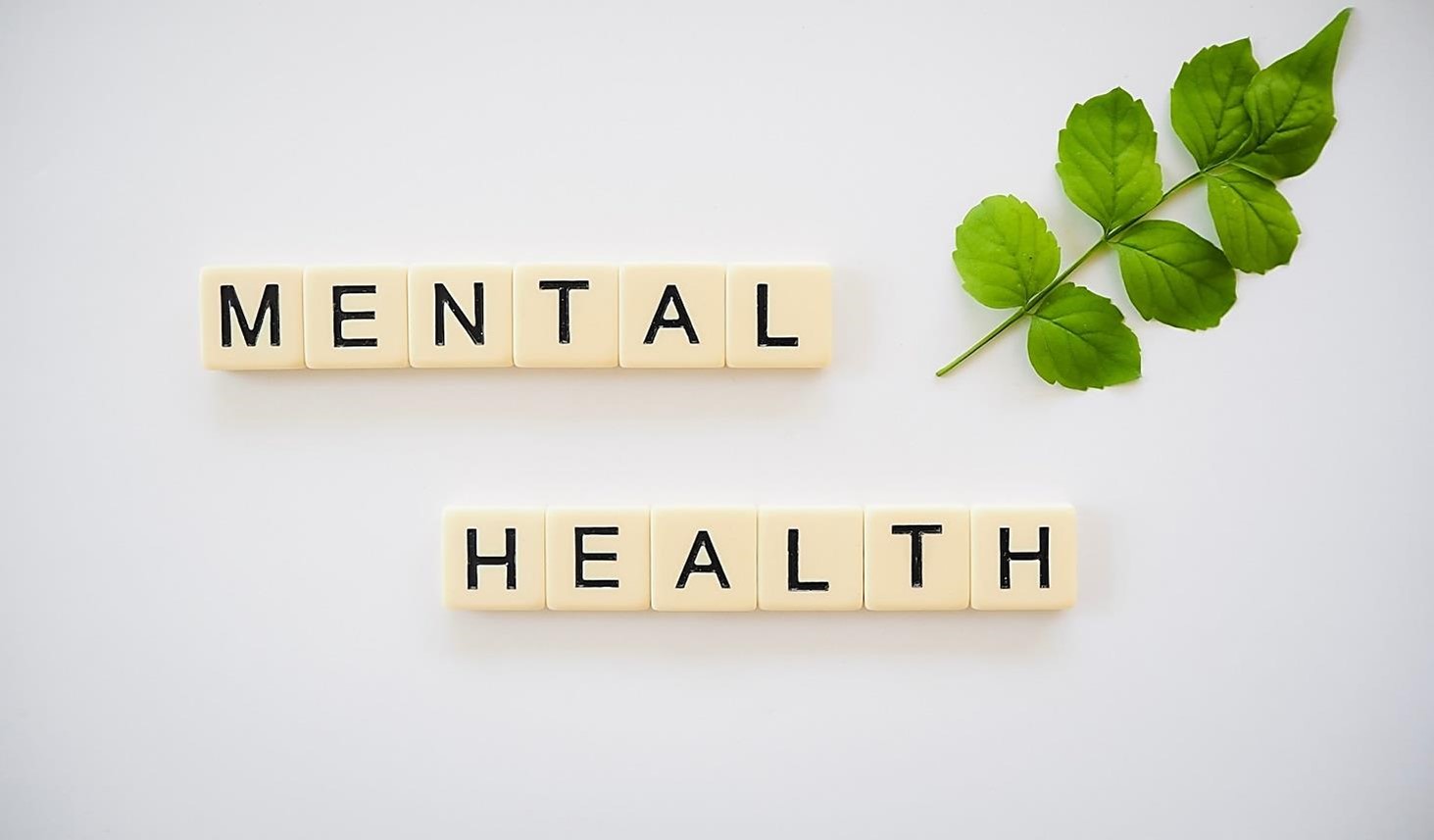- Over 8 million of Britons experience an anxiety disorder at any one time.* (Mental Health UK)
- Less than 50% of people with generalised anxiety disorder access treatment.* (Mental Health Foundation)
- An estimated 822,000 workers are affected by work-related stress, depression or anxiety every year.* (Health and Safety Executive)
It may seem simplistic that water consumption can reduce or increase one’s anxiety however, considering water constitutes 60–80% of the human body, this isn’t such a far stretch.
In fact, the evidence shows water and hydration can play a role in preventing and managing the symptoms of anxiety.
A review by researchers focused on the various ways hydration impacts health. **
One trial induced mild dehydration and found increased reports of tension or anxiety and fatigue in participants.
When researchers increased the participants’ water intake, people in the study felt more happiness, no matter how much water they normally drank.
Another large study found people who drink five cups or more of water per day were at lower risk of depression and anxiety. In comparison, drinking less than two cups per day doubles the risk. This link was less noticeable for anxiety alone (although feelings of depression and anxiety often influence each other).
Whichever way we look at the research results, it shows that drinking water regularly can only contribute to one’s mental health and overall a better feeling of wellbeing.
source* Joe Pindar – report at Champion Health
source** Nikolaij Travica – article at

